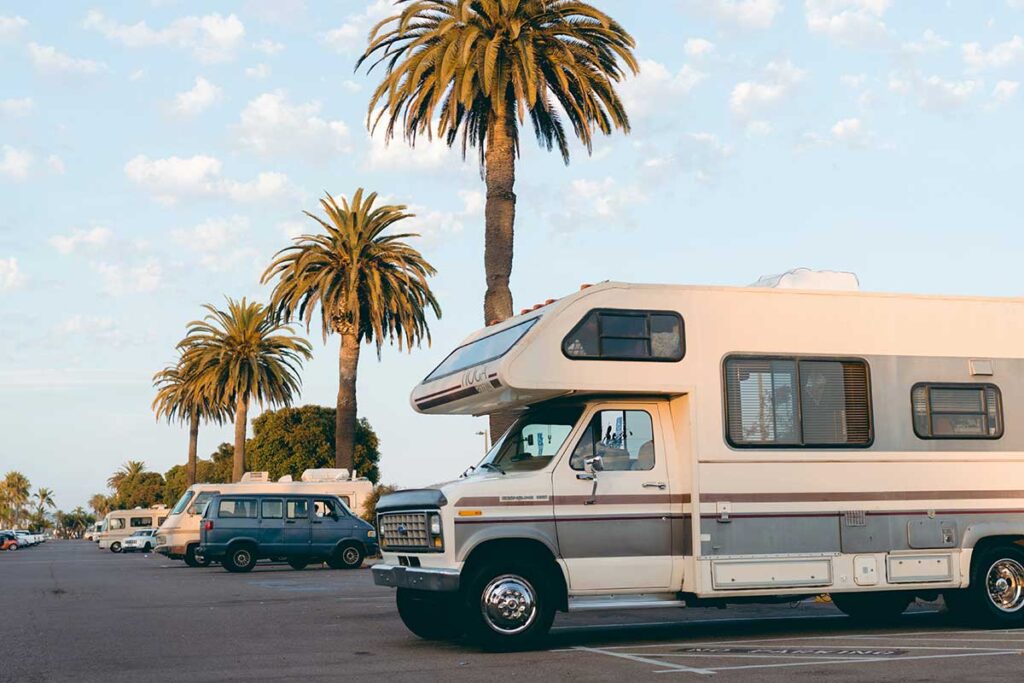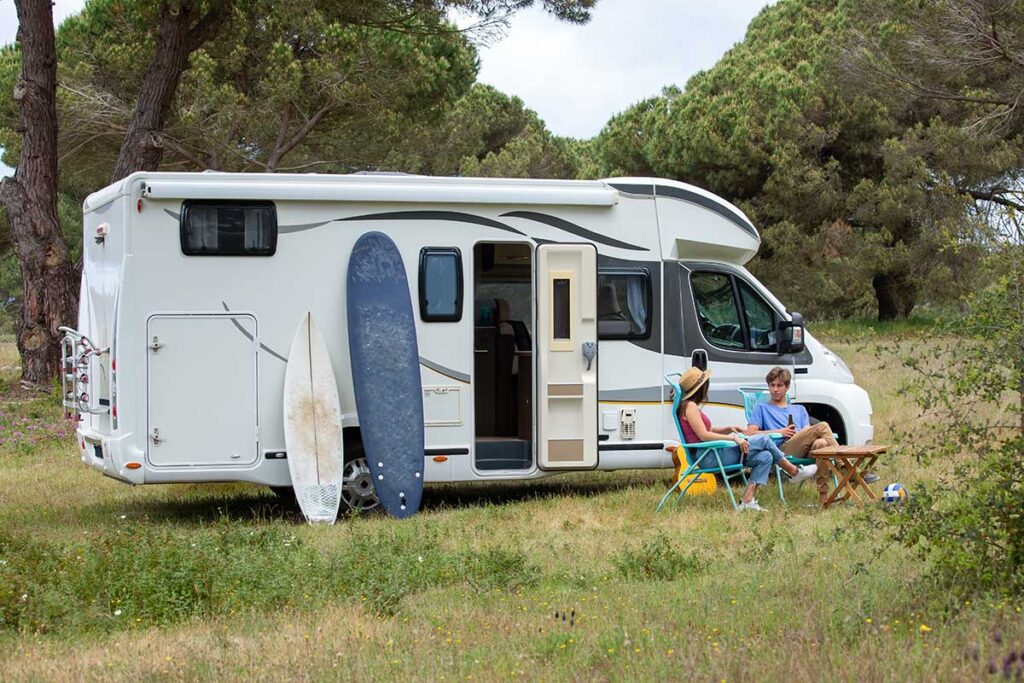So, you’ve bought your RV, how exciting. You have a lot to learn, and it can be a little intimidating. RVs are a great example of traveling in style, and it’s no wonder that they are popular. Before you can head off on your maiden voyage, there are a few things that you should do to ensure both your safety and the success of the trip. Read on to find out more.

Renting An RV Before You Buy
Some people may choose to rent an RV before they buy one. This can be a great way to get accustomed to the lifestyle and try out various models before committing to a purchase. There are many companies in Tampa, FL that offer RV rentals, and they often come fully equipped with all the essentials, so you can get a feel for what you will need when you do eventually make the purchase. Just click for Tampa FL RV rentals, and you are sure to get a great deal. From luxury motorhomes to cozy trailers, you can find a wide selection of options to choose from.
Renting an RV can help you determine if this type of travel is right for you. It also allows you to test out different models and features before investing in your own RV. Another benefit of renting an RV is that it gives you a chance to plan and prepare for your future trips. You will get a better idea of how much space you need, what amenities are most important to you, and what type of RV layout suits your needs. This experience can be invaluable when it comes to making a decision on which RV to eventually purchase.
Purchasing and Packing the Essentials
The first thing you need to do is make sure that you have all the equipment you need to operate and maintain your RV. That being said, each RV will have slightly different essentials based on the model and its features. However, there are a few basics that all RVs will need. Any RV will likely need a sewer hose, a freshwater hose – do not confuse them! You will also need wheel chocks and leveling blocks, a power adaptor, and a water pressure regulator.
After you have these essentials out of the way, there are a few other things that you will need to consider. Firstly, as with most vehicles on the road, you will need RV insurance. It differs from car insurance because an RV is a home and car hybrid, which means it has different requirements when it comes to insurance. Not all providers will offer RV insurance, so it is important to do your research to find the right provider for you. For example, The Hartford offers a range of auto insurance to AARP members, including RV insurance.
Once you have those out of the way, you can think about some of the more desirable but not essential items. You can add many features to your RV, such as solar panels, which are a great addition, and they mean that you do not always have to park near a power source. You could also opt for a satellite antenna to improve your entertainment options.
Route Planning
One of the most common mistakes that new RV owners make is to assume that they can take any route to their destination. Most people type an address into a smartphone, and off they go.
However, doing this in an RV can be dangerous. You could encounter low bridges, tunnels, or roads with weight capacities. So, first things first, make a note of your RVs height and weight to ensure that you don’t find yourself in trouble. You will also need to avoid narrow roads and hairpin turns.
Realistically the only way that you can ensure that your route is compatible with your RV is to invest in an RV-specific GPS.
Create a Setting-Off Checklist
Every RV has a list of precautions or steps that you need to take before you can hit the road. Forgetting or missing even one of these checks can have a dire effect on your journey. Each RV will have a slightly different checklist that you should be aware of when you purchase it. Still, generally, it will consist of things like pulling the steps in, lowering the antenna, turning off the water heater and pump, and securing loose items. This is a very general and condensed list, but it should give you an idea of the considerations you need to make every time you set off. Before you hit the road, you should always do a thorough walkaround of your RV to ensure you haven’t missed anything.

Take a Test Run
A lot of RV owners are so excited to embark on their first road trip that they often forget to take it on a test run first. Going for a test run is a great way for you to learn all of the ins and outs of the camper, and you can get to know all of its features a little. Then, you can try out the checklist and adjust it as necessary. It is far better to get to know any foibles your RV has on a test run than on a road trip.
Your First Trip
Your RVs maiden voyage is a big deal. First things first, you want to make sure that you aren’t planning to travel too far; for your first trip out, you want to stick relatively close to home if possible. Once you have a destination in mind, you should make reservations as otherwise, you run the risk of not finding a place. Second, leave some flexibility in your schedule. Delays are bound to happen, and if you feel rushed or stressed, you may make mistakes. Next, make sure your gas and propane are full. And lastly, check the weather to make sure the conditions are safe and comfortable.
In Conclusion
Owning an RV does require a lot of work, but it is also fun, so don’t forget that. Hopefully, the above considerations can help you to make sure that you are as prepared as possible. Preparation and planning are key to a successful trip. Remember, a safe camper is a happy camper.
Featured image: Pexels (Matheus Bertelli).


